There are very few producers that have had the impact on my love of film as Gale Anne Hurd has. After all, she was involved as writer and producer on THE TERMINATOR and of course as producer on THE ABYSS, TERMINATOR 2: JUDGEMENT DAY, ALIENS and most importantly… BAD DREAMS. Sorry, but I love that flick. She has been in the business for thirty some odd years and continues to be an influential part of modern day cinema. I had the chance to talk one on one with her about the modern age of cinema and why things are the way they are. It was extremely fascinating to hear it from a producer’s point of view.
Gale has recently gathered some of the brightest and best in the world of producing, and presents “PRODUCED BY 2009”. This weekend, June 5th through 7th, she is helping bring you up close and personal with some of the most powerful producers in Hollywood. From James Cameron to Clint Eastwood, with many, many more, all of which will be gathering together to bring to light the role of producer and what their place in today’s Hollywood is. You can find all the information you’ll need for the event at www.producedbyconference.com. So if you are in the Los Angeles area this weekend, come and rub elbows with some of the top industry producers.
Gale Anne Hurd
Now what can you tell us about Produced By 2009? How did you get involved and what do you want to accomplish from it?
Well the first part, how did I get involved… I had an initial meeting with my co-chair, Rachel Klein, who at the time was with the PGA East – she’s since moved to Los Angeles… we lured her out (Laughing) – and the initial idea was to have a conference where experts, producing experts and people in that field would be able to educate us and inspire us with the latest in what is going on in the entertainment industry.
This was, of course, conceived before the economy hit the skits. And what we realized as we began planning, is that it was even more imperative and, I think more relevant given where we are now. It was over a year ago when we first began planning it.
How so?
When you think of the changes that are… you know, the entertainment companies are vertically integrated, and also, they have been facing enormous challenges. Film going is up. More people are going to the movies. The entertainment companies have divisions that aren’t doing well, whether it’s the electronics division or theme parks or networks. So it’s a challenging environment for all of us on both sides. Whether we’re the creative sides supplying programming, or the people who are buying it and marketing it.

I would say it is even true for people on our side. You’re seeing a lot of changes…
Oh my goodness. Yeah. So there is an enormous paradigm shift and we have the best and the brightest to talk about it.
So you were approached about this…?
Well first, I was very interested in this. I’m interested in this because it’s something I would want to attend. So I approached it the same way I approach a film, which is, is this something that’s relevant to me? Something that I will be willing to invest hundreds and hundreds of hours into putting it together and then be happy about that commitment when it’s over.
It does seem to be a lot of work.
It is a lot of work. It is a lot of work. On the other hand, it is very worthwhile and the response, both in terms of speakers and the programming as well as attendees has been tremendous.
I don’t think I’ve seen anything quite like this really…
No… that’s another key component. Very often you find outside of the industry, people have no idea what producers do. We’re often confused with directors, or with financers, or studios. It was very important for us to help educate, not only ourselves, but the world at large as to the role of the producer. And I think that after our thirty sessions concludes on June 7th, people will have a much more informed insight into who producers are and what we do.
Now, how much do you think filmmaking has changed in the past few years since you started? Obviously technology has gotten so advanced, but do you think it has made some filmmakers a little lazy or just wanting the quick buck?
The challenge is that we are working in a business. So ultimately, the decisions are not made fully by the producer. They are made by the financier, they are made by distributor. And the response is to what gets the green light now is based often on what is succeeding in the marketplace now. And given how expensive it is to market a film, people don’t want to take enormous risks and they want to go with a lot of pre-sold ideas. And I think that is why the advent of the comic book inspired films, television inspired films, sequels, remakes, because there is a familiarity and you don’t have to start from square one. On the other hand, looking at the silver lining, who would of predicted that SLUMDOG MILLIONAIRE would be one of the most viable films of the year.
Absolutely.
Both with respect to the Academy Awards and critical acclaim, but also with the box office. So you have both sides, you have the, you know, no one would have ever expected it to take home the Oscars and be such a success throughout the world.

Now I have to talk about the recent THE INCREDIBLE HULK. Although it did well enough, it feels like it should’ve made a bigger impact. Do you feel that audiences just didn’t respond to it…
You know, whenever you have a film – first of all, it was Universal’s most successful movie that year, so we feel good about that…
That is true.
You have to look at it in perspective. Yet at the same time, summer is brutal. You have films that are tent poles coming out every weekend and fighting for the audiences attention. It makes it harder to… I think I read that STAR TREK was only off 46%? That is considered a huge success. To essentially be dropped 50% of your business from weekend to weekend and that is considered, you are doing incredibly well. Now think of what that means, which is, that is considered a film having long legs. So we are very much in a dog eat dog fight for an audience when there is so much to chose from.
As a producer, what is your strategy?
The best movie you can (Laughing). I think that is key. But at the same time, make sure that when the film is marketed, it is marketed properly, and that the studio is selling the same film that the filmmakers made. Because you can’t do a bait and switch. And that is primarily because of the internet, and the fact that the first fans that see a film, when they are lead to believe they’re seeing one thing and they see it and it is something else, that word gets out. You don’t have the weekend anymore. And also, box office grosses are reported in the mainstream press, immediately available on-line and I do think that the consumer is now aware of what films are underperforming. And I think that there are remarkable films that under perform on a Friday and because that becomes a story, people who otherwise might’ve gone to see a film, an actually remarkably good film, won’t go to see it for whatever reason, its been branded unsuccessful. You know, after one night.
Gone are the days when a film would stay would survive in the top 10 for months.
Yeah. You don’t get that. And you know, studios, because of how much they invested in the tent pole, they have to get a commitment from the theatre owner a long time in advance. And as a result, even though there are multiple screens now in any one theatre complex, that means somebody’s got to go. It is very hard to hold on.
What do you think is the future for the more “adult” oriented Marvel films being that both PUNISHER: WAR ZONE and THE WATCHMEN didn’t perform as well as hoped?
I think the pendulum always swings. That is the one thing that you can count on in this business. I want to make a broad variety of films, comic book inspired films, whether they are PG-13 or R as well as films inspired by true events, you know, historical pieces…
What is next for you that you are really excited about?
The film that Brian DePalma, my ex-husband and I are working on together is THE BOSTON STRANGLERS. Which is the true story of something that we think we all know the true story now, but we don’t. Which is that Albert Desalvo, who was branded the Boston Strangler, there was a movie about him, Tony Curtis played Albert Desalvo… as it turns out, he was never convicted of the crime.
How far along?
The film is set up at Overture, and we are in the process of casting and we hope to shoot in the fall.
Anyone that you are looking at specifically, that you’d hope for?
Not at the moment. Great ideas though.
Let me know what you think. Send questions and/or comments to [email protected].




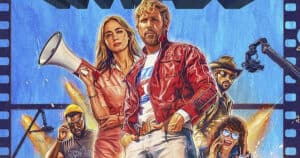



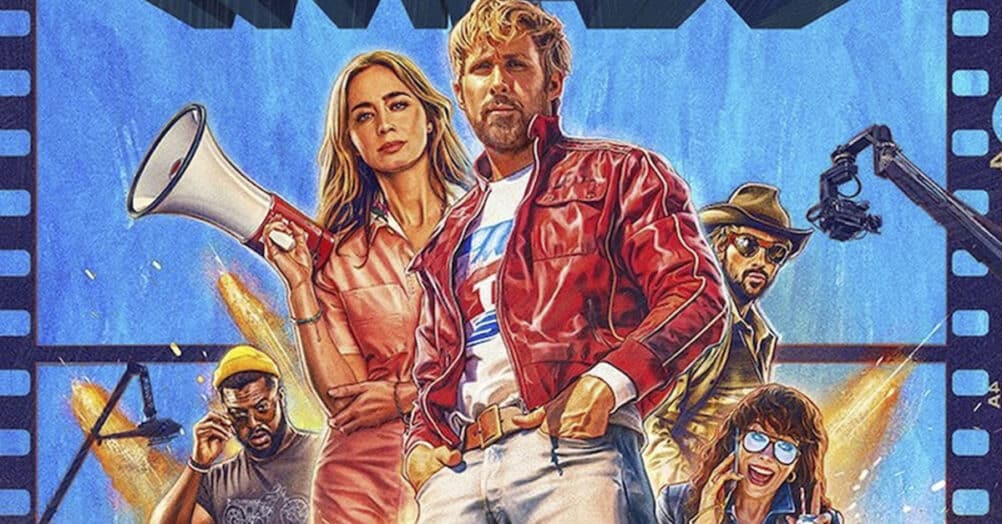
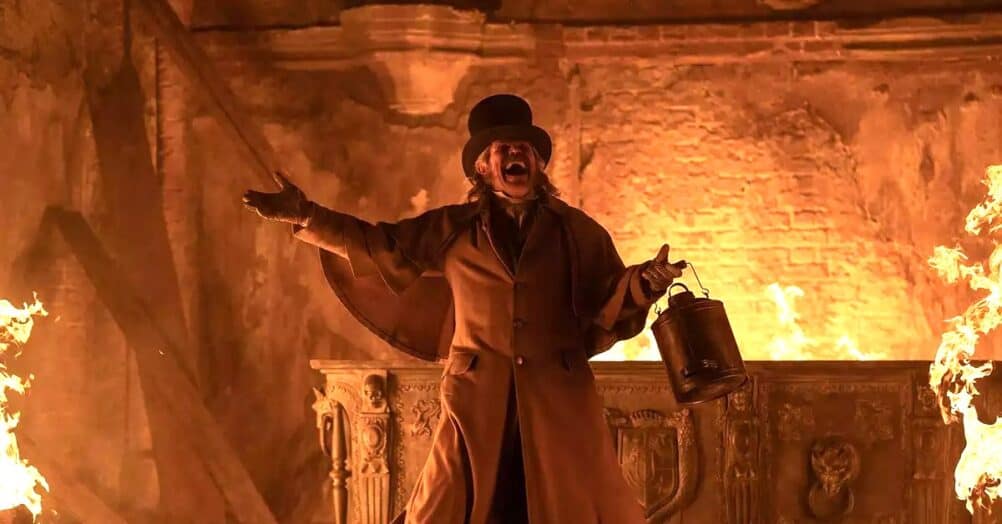



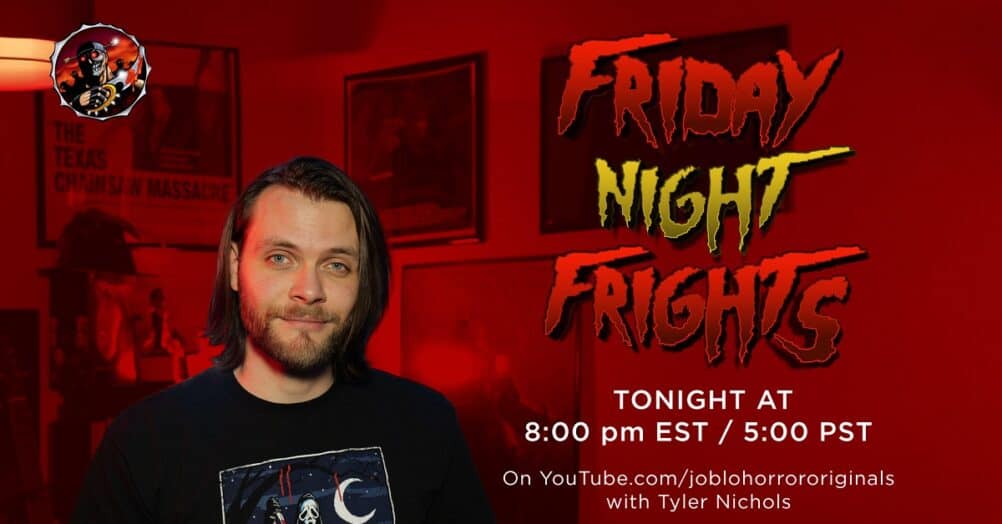
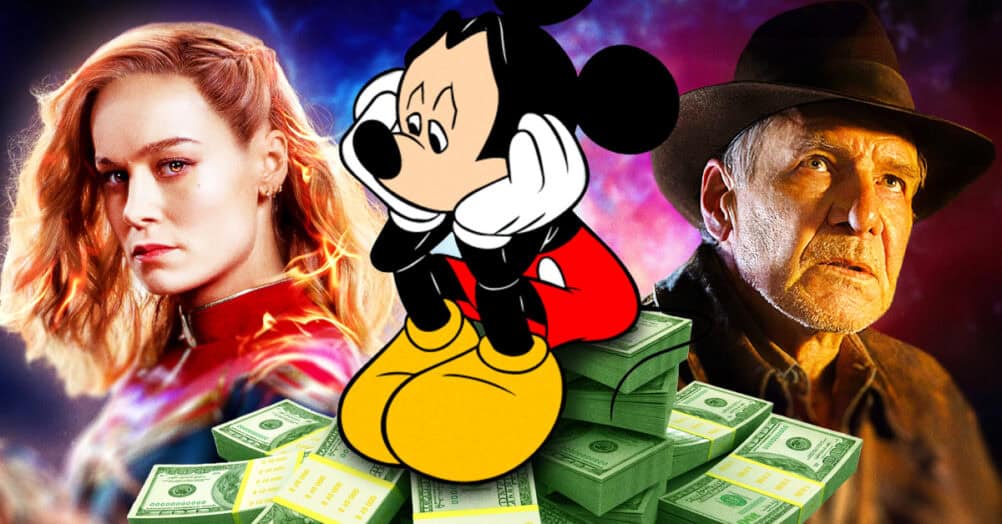

Follow the JOBLO MOVIE NETWORK
Follow us on YOUTUBE
Follow ARROW IN THE HEAD
Follow AITH on YOUTUBE